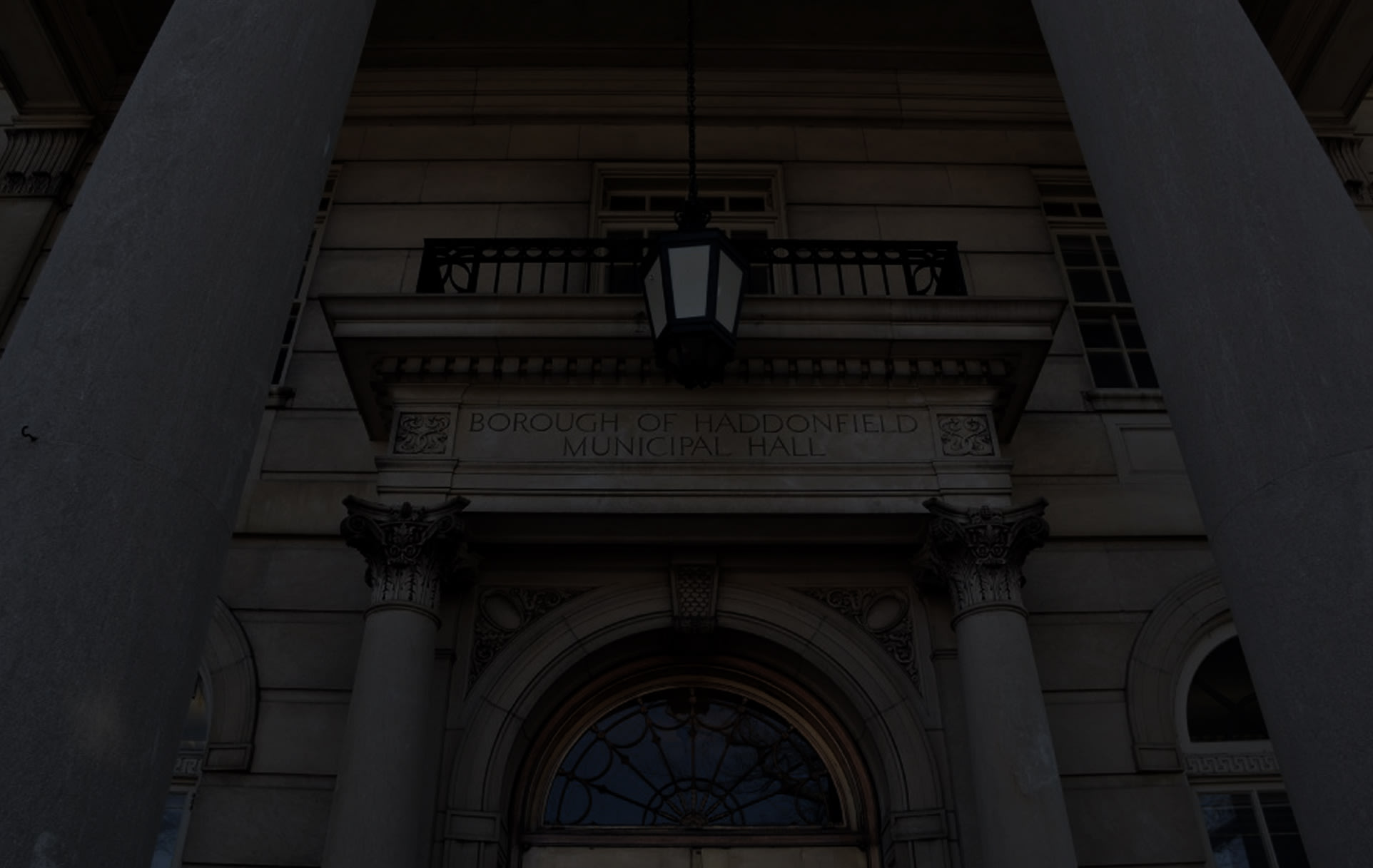
Life is full of difficult decisions but one of the hardest is determining when it’s time to move your parent or loved one into a nursing home. The decision is rarely taken lightly; you’ll tour the nursing facility and ask questions in an effort to make the most well-informed decision you can. After all, this is your loved one we’re talking about. Their health and safety is of utmost importance. But what happens when that trust in that facility and the people working there is broken? Here are the signs you should be on the lookout for.
What is Elder Abuse and Neglect?
First and foremost, it’s important to understand the definition of nursing home abuse and neglect, especially since they can come in varied forms and as a result have different warning signs. Elder abuse can come in many forms not limited to:
- Sexual abuse
- Physical abuse
- Financial abuse
- Emotional abuse
Physical abuse is unfortunately one of the most common forms of elder abuse. This type of abuse can include pushing, slapping, hitting, and even misusing medical restraints.
According to research, one of the most common complaints that nursing homes receives is the lack of social interaction. Isolation can have detrimental effects on a person’s psyche and can result in poor sleeping patterns, depression, cognitive decline and even a weaker immune system and potential heart problems.
Below are some examples of emotional abuse:
- Ignoring a patient’s needs and/or concerns
- Threatening to harm the patient
- Yelling at the patient
- Shaming or purposely humiliating the patient in front of other residents
- Mocking the patient while they perform a routine task
- Insulting the patient
- Blaming the resident
Neglect, on the other hand, is a lot more difficult to pin down to one example because neglect is based upon the individual person’s needs. For example, if a patient is unable to bathe themselves and their hair, body or clothes appear to be soiled, this may be a warning sign that neglect is taking place. Most commonly, however, elder neglect typically involves the denial of basic needs such as food, hygiene, shelter, clothing and medical care.
Common Signs of Nursing Home Abuse and Neglect
While every situation will be different based on the person, here are the most common signs of elder abuse and neglect:
- The resident is fearful or experiencing unexplainable changes in his/her mood
- The resident developed a sexually transmitted disease
- The resident is refusing to have visitors
- The resident has unexplained injuries on his/her body, including bruises or broken bones
- The resident is malnourished or dehydrated
- The resident has bed sores or ulcers
- The resident has unpaid bills
- The resident does not have access to basic necessities such as food or water
- The resident has soiled clothing and/or bedding
- The resident is not getting necessary medical treatment
- The resident is unable to explain where their financial assets are/going to
Who Can be Held Liable for Elder Abuse and Neglect?
Unfortunately, there may be several people who may be responsible for your loved one’s neglect or abuse. These may include the nursing home themselves, employees and medical professionals. However, the nursing home may be held legally liable for the role they played in the negligence and abuse the resident endured for the following reasons:
- They were understaffed
- They were negligent in their hiring practices
- They failed to provide sufficient training to staff
- They breached their statutory or regulatory obligations
- And more
It’s important to note that nursing homes often outsource various tasks to third parties, such as security guards. As such, these contractors may be held legally responsible for any abuse or neglect that befalls a resident. Nursing homes are also considered to be “vicariously liable” for any bad actions their employees may take.
Contact a Haddonfield Nursing Home Abuse Lawyer to Discuss Your Case Today
Seniors in nursing homes and other care facilities deserve to be treated with respect and dignity. Additionally, nursing home staff needs to ensure that patients are safe and secure at all times. If your loved one suffered an injury, or worse, due to nursing home negligence or abuse in New Jersey, you need to speak with a qualified attorney. The experienced nursing home neglect attorneys at Andres, Berger & Tran represent clients throughout New Jersey including Haddonfield, Mt. Laurel, Cherry Hill and Collingswood. Call 856-317-6558 or fill out the online contact form to schedule a free consultation today. We have an office conveniently located at 264 Kings Highway East, Haddonfield NJ 08033.
The articles on this blog are for informative purposes only and are no substitute for legal advice or an attorney-client relationship. If you are seeking legal advice, please contact our law firm directly.













